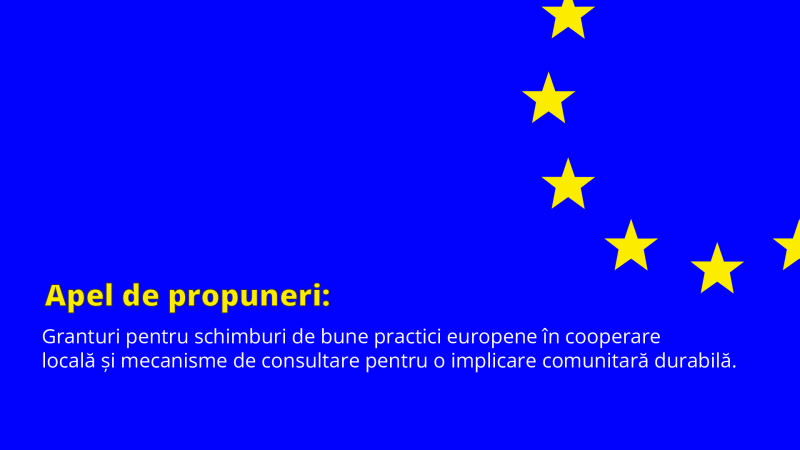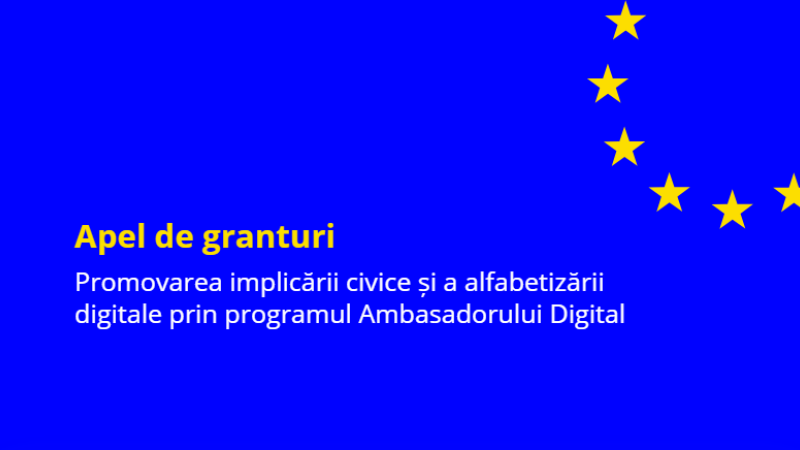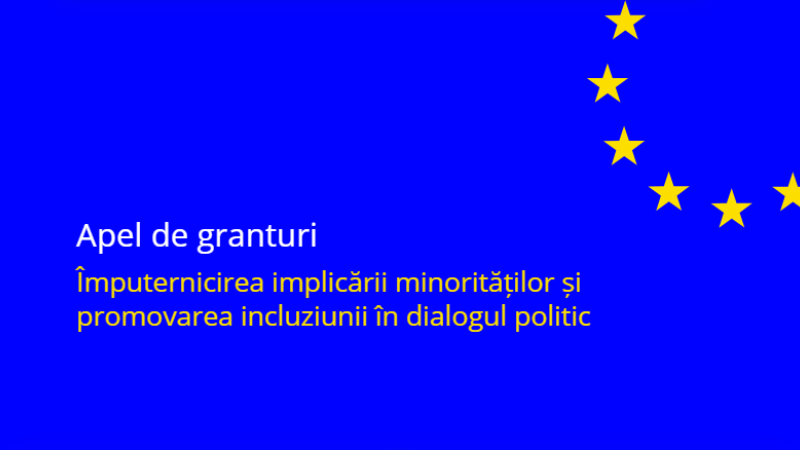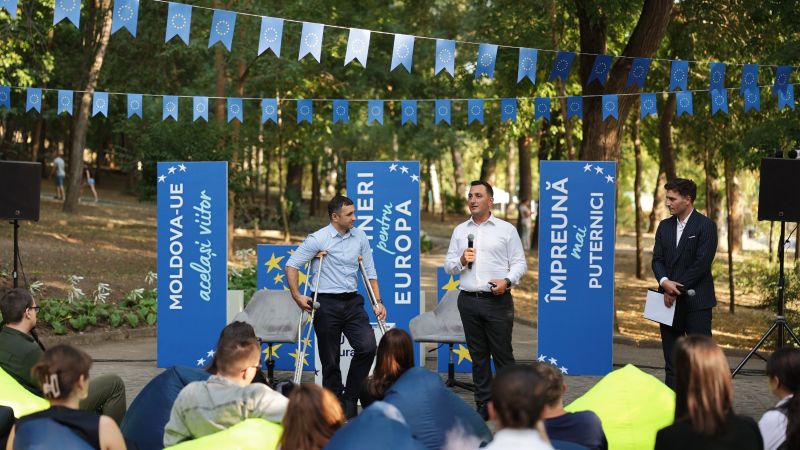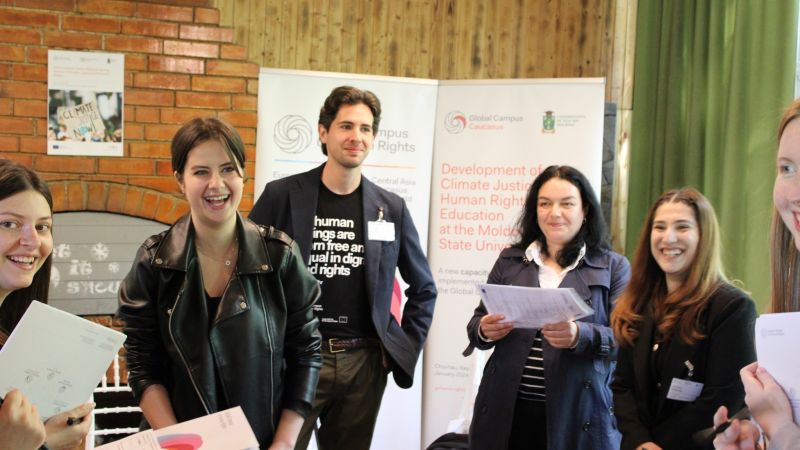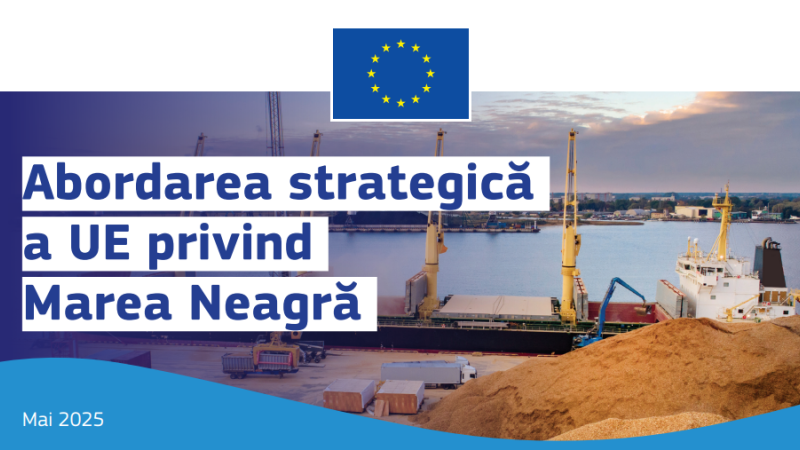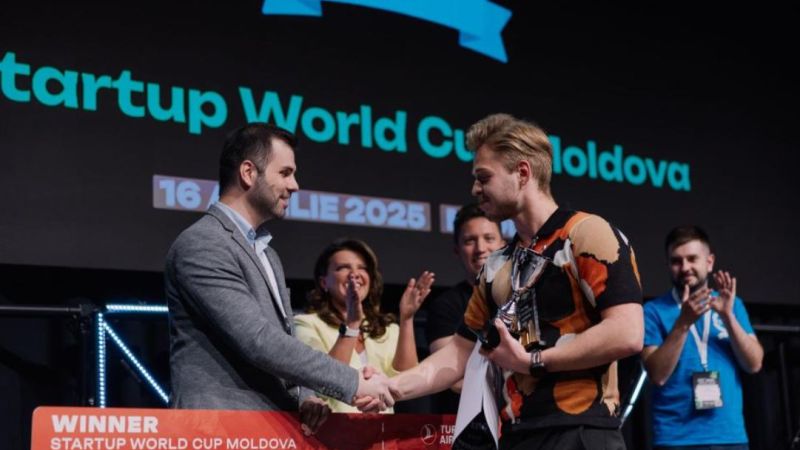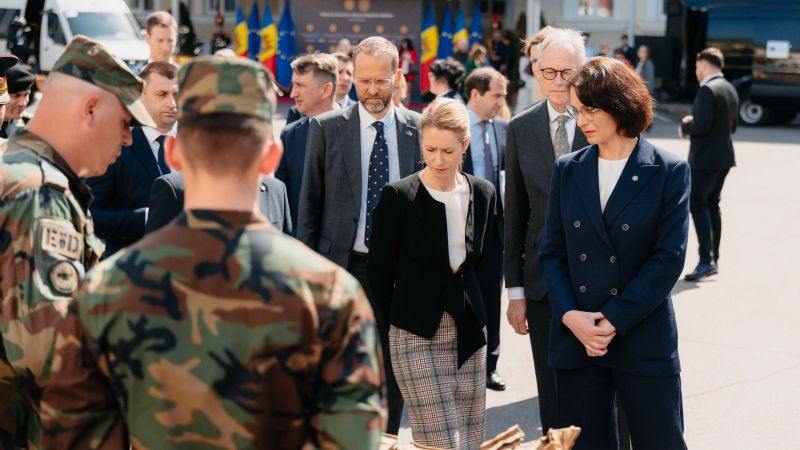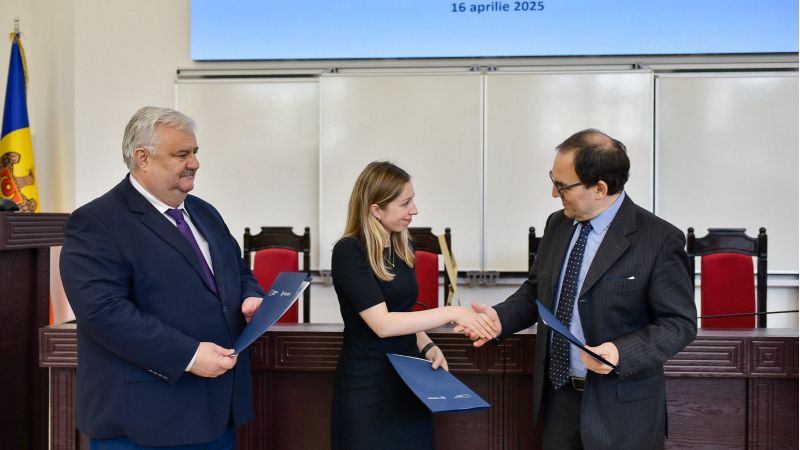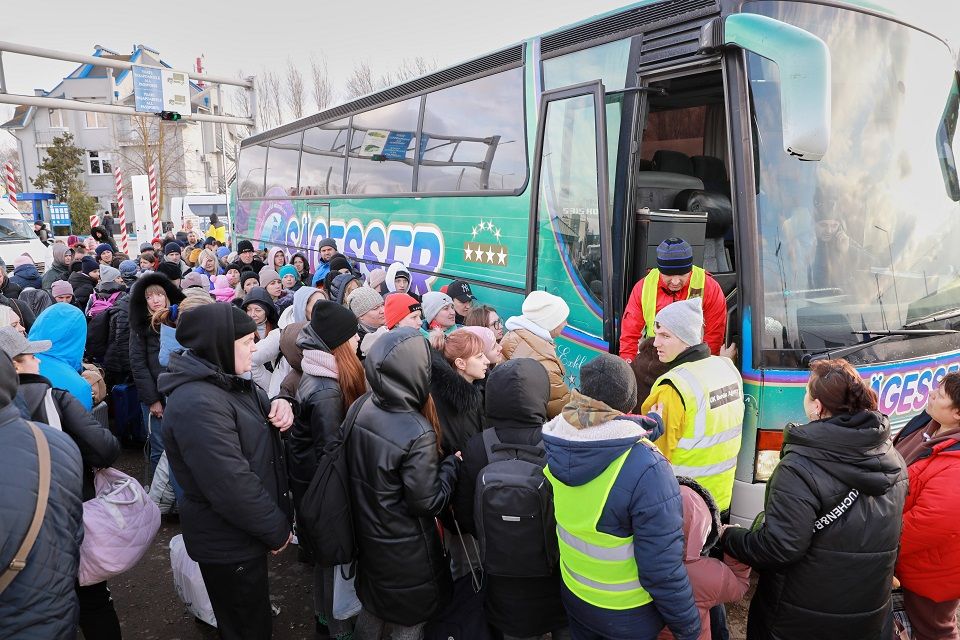
UE-Moldova Împreună mai puternici: refugiatele care și-au găsit liniștea și umanitatea în Republica Moldova
Războiul i-a trezit în dimineața zilei de 24 februarie și le-a schimbat viața. Unii s-au speriat și s-au închis în apartamente, alții și-au luat câteva lucruri și au plecat cât mai departe de bubuiturile obuzelor și de ecoul sirenelor. Destinația – oriunde, doar să fie un loc sigur. În câteva săptămâni, aproape patru milioane de ucraineni s-au transformat în refugiați, iar mulți dintre ei și-au găsit liniștea și siguranța în Republica Moldova.
Majoritatea refugiaților ucraineni sunt femei însoțite de copii, ai căror soți au rămas acasă să lupte. „Nu ai cum să nu le sari în ajutor când înțelegi grozăvia prin care au trecut”, mărturisește Diana Miron, coordonatoare locală a proiectului EVA în raionul Cahul. Din prima zi când refugiații au început să vină în localitate, s-a creat o celulă de criză pentru gestionarea situației, iar un grup de voluntari din cadrul acesteia s-au mobilizat și au început să lucreze pe ture. „Cum ai putea să nu te implici când vecinii noștri au fost forțați să-și părăsească locuințele?”, se întreabă Diana, privind cu blândețe spre grupul de femei care parcă învață din nou să zâmbească.
„Nu voiam să plecăm de acasă”
Vita se află în Moldova deja de două săptămâni. Două săptămâni au trecut de când nu și-a văzut casa, rudele și soțul. Discuțiile cu el pe rețelele de socializare sunt singurele care îi mai dau acel fir de speranță că în scurt timp are să se întoarcă împreună cu copiii în Odessa.

„Nu voiam să plecăm din țară. Nu voiam să plecăm nici când obuzele au zburat aproape de casa noastră. Dar nu am mai avut ce face când autoritățile ne-au avertizat că trebuie să evacuăm copiii pentru că se anunțau atacuri puternice din partea rușilor”, spune ea, privind tristă într-o parte. Își amintește cum și-a îmbrăcat hainele mai groase că afară era un ger tăios, și-a îndesat în geantă documentele și câteva lucruri pentru copii și a plecat cu soțul până la hotar cu Moldova. Acolo l-a strâns în brațe și a încercat să nu se gândească că ar putea să nu-l mai vadă. „Am mers 5 km pe jos. Apoi, cu ajutorul voluntarilor, am ajuns la Centrul din Cahul”, povestește Vita

Copiii învață online, iar după ore ies împreună la plimbare. Vita recunoaște că se simte pierdută și ușor ciudat când este învăluită de liniște, „în timp ce la noi, în ultima lună liniștea a fost înlocuită de sunetul stringent al sirenelor care ne anunțau că trebuie să ne ascundem cât de repede putem”, recunoaște ea. Deși voluntarii și organizațiile le oferă tot de ce ar putea avea nevoie, dar și îi distrează pe copii, încercând astfel să-i ajute să uite de coșmarul care se petrece acasă, „totuși, copiii mă întreabă când ne vom întoarce acasă. Urmăresc orarul autocarelor care merg în Ucraina și aștept ca soțul să-mi spună că lucrurile s-au mai liniștit. Vreau să revin acasă, acolo unde este casa mea, familia mea”, zâmbește Vita, plină de speranță.
Ajutor și omenie
Au fugit de acasă, reușind să ia doar documentele, o plapumă și câteva haine pentru copii și atât. Gențile trebuiau să fie ușoare și mici, să nu le îngreuneze și mai mult deplasarea. Au lăsat în urmă locurile iubite, unde au crescut și au fost fericite. Prin intermediul proiectului EVA, Vita și alte două sute de familii de familii refugiate au beneficiat de produse de igienă personală. „Oferim suport și încercăm să susținem femeile care trăiesc această experiență traumatizantă”, susține Laura Grecu, manageră a proiectului EVA.

„Ei sunt atenți la nevoile noastre și au grijă de noi și de copiii noștri. Acest lucru este extrem de important pentru noi”, spune cu timiditate Olga, care a venit din Odessa pe data de 4 martie. „Am luat documentele, am luat copilul de mână și ne-am pornit spre necunoscut. Ne-am grăbit să plecăm, asta era cel mai important pentru noi atunci, să ne îndepărtăm cât mai mult de sunetul exploziilor”, mărturisește ea.
„În sfârșit, am putut să dorm”

Pe holul centrului de plasament temporar din Cahul se plimbă Diana, o refugiată de 20 de ani care a ajuns în Moldova în urmă cu două zile – timp în care nu a stat pe loc, ci a mers la primărie să ajute voluntarele la aranjarea hainelor donate pentru refugiați. „Erau saci întregi cu haine, iar acele două femei nu se descurcau singure. Nu puteam sta cu mâinile-n sân”, explică ea, aranjându-și o șuviță după ureche.

Împreună cu familia locuia în centrul orașului Odessa, iar la 24 februarie s-au trezit de la sunetele obuzelor. „Totul ni se părea ireal. Dar apoi s-au auzit iarăși și iarăși”, povestește ea. De aceea, întreaga familie s-a mutat pentru câteva săptămâni într-o casă din suburbia orașului, dar exploziile se auzeau și acolo. „Eram stresați. Acest coșmar a durat o lună. A fost extrem de greu”, își amintește ea. Apoi, au decis să fugă din Ucraina în momentul în care deasupra casei lor au trecut trei obuze, scoțând un șuierat strident. Atunci și-au luat câteva lucruri și s-au grăbit spre vama Moldovei. Acolo au fost ajutați de voluntari și aduși la centrul de plasament. „E uimitor cum oamenii și-au deschis brațele și ne-au sărit în ajutor”, spune Diana, care recunoaște că, după mult timp, în sfârșit a reușit să doarmă liniștită două nopți, când nu a mai fost trezită de sunetul obuzelor care îi distrug țara pe care o iubește și de care nu vrea să se îndepărteze. „Vrem să fim cât mai aproape de casă și sperăm că peste puțin timp vom putea să ne întoarcem acasă”, spune ea.
